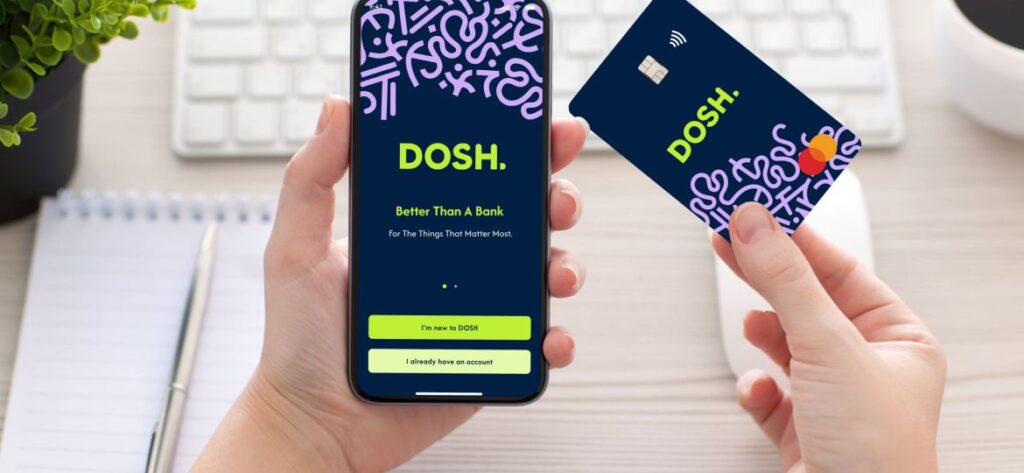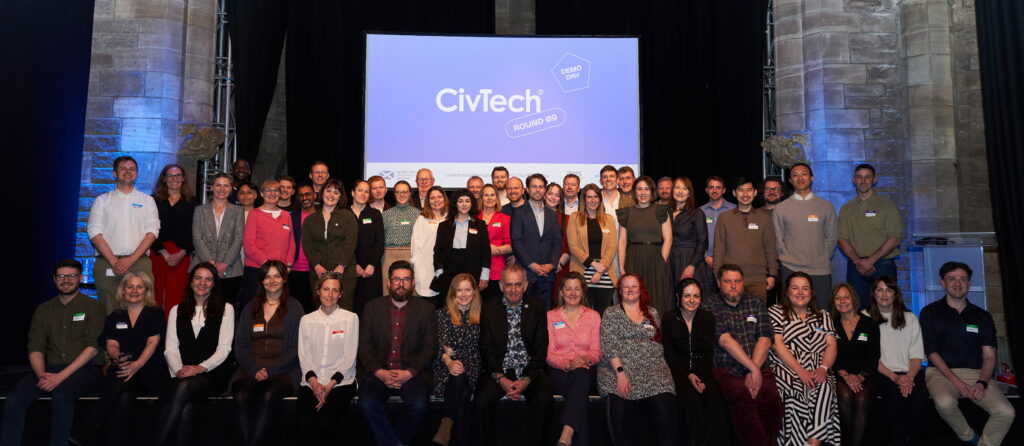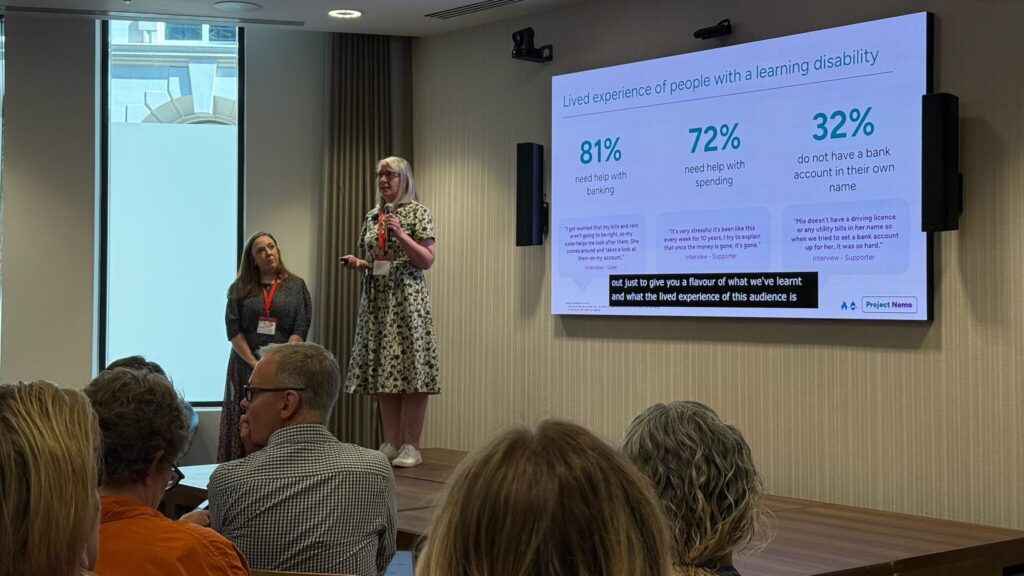Inclusion is about data, not devices — lessons from the OneLogin survey

Last week, GOV.UK One Login released the results of a user segmentation survey. We always get excited by things like this. Government services that are intended for everyone are a useful benchmark of the reach of current identity verification systems.
A pivotal statistic: only 3% of respondents don’t own a device with internet access. Discussions about inclusive services often focus on access to technology, even though bigger, more ingrained barriers exist.
Many of the 3% can likely access devices through friends or relatives. So it’s essential that ID verification tools allow for assistive channels, be that a friend, publicly-accessible desktop computer, or something else.
One Login didn’t release their overall verification rate this time (in 2023 it was 62%). And though they haven’t shared reasons for failed verification, there are some eye-opening data points.
Between 4% and 9% of users lacked evidence for identification. This is lower than the 1 in 5 adults who didn’t hold a passport or driving licence as of 2021, but still a significant amount.
A larger issue, according to the survey, is the lack of a data trail — a larger proportion of users had no credit file or any other government data to reference.
Given that credit agencies still struggle to take a proper account of the proliferation of buy-now-pay-later services and alternative credit, this is unlikely to get better any time soon.
To us, this is a solid case for a new paradigm of identity verification using the techniques and data sources Vouchsafe provides.
When you add things like trusted referees into the mix, even “weak” evidence can reach the higher-confidence verification government services look for.
Thoughts? Let us know: hello@vouchsafe.id



